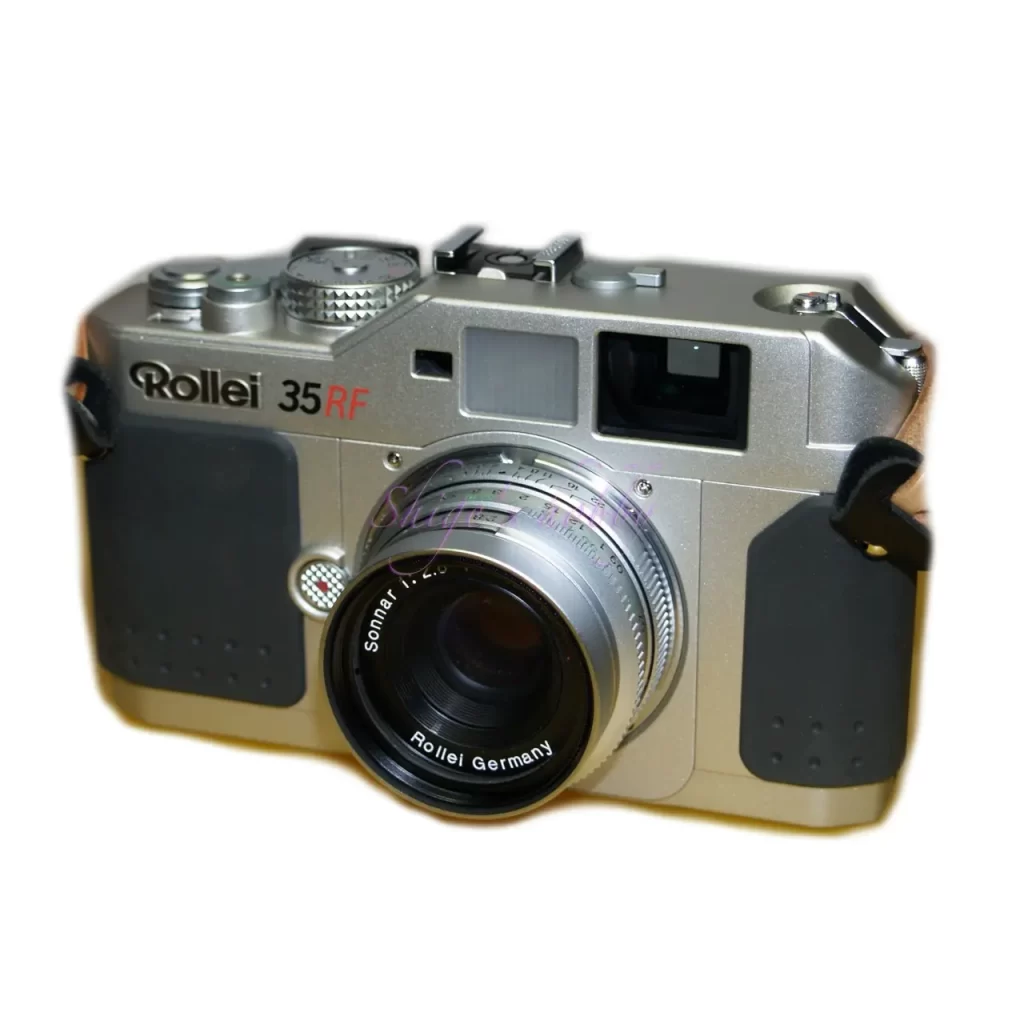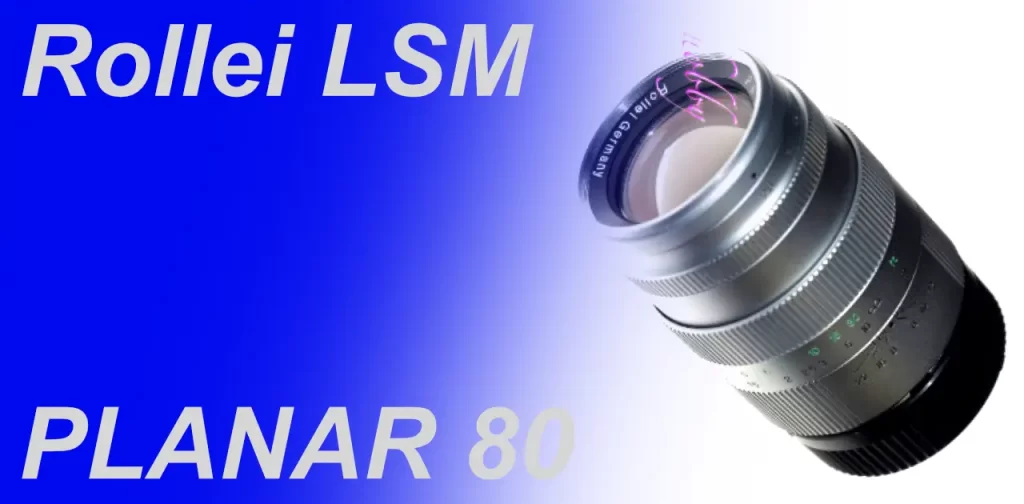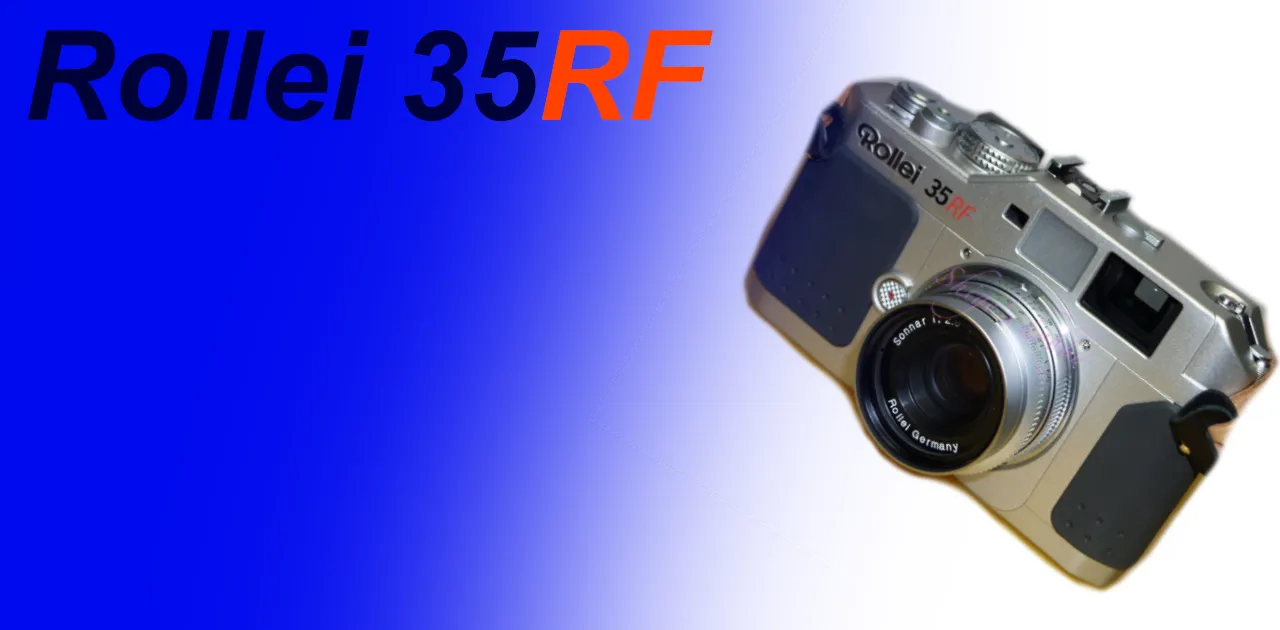Last updated on 2025-09-27
A review and sample photos taken with the film camera Rollei 35 RF using the Planar ZM 50mm, NOKTON 40mm, and various films.
- Please see the disclaimer regarding advertising here.
- Italicized links in the text are advertisement links that take you to other sites.
Table of contents
Gallery
- Lens:PLANAR-ZM 50mm /NOKTON40mm
- Film:FUJIFILM PROVIA100F /KODAK SINBI200 /KODACHROME-64 /KODAK ULTRA COLOR 100
Review

1.Usage
I got the Rollei 35RF when I was looking for a Leica M-mount film camera to use in place of the HEXAR RF, and was looking for a BESSA-type camera. I came across it at Yodobashi Camera in Shinjuku, along with a Sonnar 40mm F2.8 lens, on sale for about half price. It wasn’t too expensive, so I bought it, loaded it with film, and took pictures on the spot.
With digital cameras, you can’t use them unless you have a compatible battery or the battery is charged (these days it’s easy to charge cameras with mobile batteries), but film cameras run on commercially available batteries, so I was able to start using them with ease.
One memorable incident was when, after using a few rolls of film and getting used to the camera, I was winding up the film I had finished shooting to develop it, and the gear on the shaft connected to the camera’s wind lever shattered and broke. The film would no longer wind because the gear was broken, and there was nothing I could do about it then and there, so I went to Shinjuku Yodobashi Camera, had them put the film back in the case in the dark box, developed it as it was, and asked them to repair it since the camera was still under warranty. The repair didn’t take long, so I think it was fixed by the parts supplier.
The film winding mechanism that caused the damage was not something I intended to do roughly, but I learned that this is how it can break. The automatic winding mechanism winds the film with the right torque on the camera side, so I’ve taken a fresh look at the HEXAR RF and how convenient it is. It would be a hassle to have it break again after the repair, so I sold it without using it after receiving the repaired item.
2.Overview
The Rollei 35RF is a Leica M-mount compatible rangefinder camera that Rollei requested Cosina to release.
The mechanism such as the viewfinder, shutter, and winding are the same as the BESSA R2, and only the design including the exterior and the viewfinder frame are different. It was not a very expensive project compared to the Zeiss Ikon rangefinder camera released later. Rollei thought that Cosina would obtain the trademark as it was, but that did not happen.
The viewfinder frame is 40/50/80, which is different from the 28/35/50/75/90/135 common to Leica M, but the field of view is originally about 87%, and due to the effect of parallax, the frame is only a guide, so I don’t think there will be any major problems even if the lens does not fit the frame.
Just like the base Bessa, it requires batteries to operate the light meter, and uses two LR44 / SR44 batteries.
3.Summary
The Rollei 35RF is almost the same as the BESSA-R2, with no other differences than the appearance and the display of 40mm and 80mm on the viewfinder. For photographers who have a strong attachment to the Rollei brand, this is a camera worth owning.
Rollei Brand
Rollei was preparing to release the failed Planar 50mm, so they probably intended to continue the series if it sold well, but unfortunately it didn’t sell well at the time and the series was not continued. As I will explain later, it was sold off at a special price at the end.
As of 2024, the two L-mount lenses released are being traded at a fairly high price. The 80mm in particular is expensive, even though I can’t think of many uses for it.
As a complete aside, this camera was released at a time when there was no clear path to recovery even after the bankruptcy, and it seems that it was part of the company’s efforts to do business in various ways, but the company that took over the brand after the bankruptcy only sells things with the Rollei brand, and the Rollei brand continues to drift.
The history of Rollei is detailed in the English Wiki in the reference link (the Japanese Wiki has little explanation).
Leica was helped by celebrity capital, and Hasselblad was helped by Chinese capital, and it seems that both are doing well.
Specification
| カメラ | Rollei 35 RF | Zeiss Ikon | HEXAR RF |
| Finder Mechanisim | Real-image reverse Galilean perspective finder | Real-image reverse Galilean perspective finder | Real-image reverse Galilean perspective finder |
| Viewfinder Magnification | x0.7 | x0.74 | x0.6 |
| Finder Frame | 40 / 50 / 80 | 28,85 / 35 / 50 | 28,90 / 35,135 / 50,75 |
| Baseline length(mm) | 37 | 75 | 69.2 |
| Effective baseline length(mm) | 25.9 | 55.5 | 41.5 |
| Shutter Mechanisim | Vertical travel laminar metal focal plane shutter | Electronically controlled vertically moving metal focal plane shutter | Electronically controlled vertically moving metal focal plane shutter |
| Shutter speed(sec) | 1/2000〜1 | 1/2000〜1 | 1/4000〜16(Auto) 1/4000〜1(Manual) |
| Photometry method | Center weighted TTL average metering upon light depression of shutter release | Center weighted TTL average metering upon light depression of shutter release | Shutter curtain, TTL direct metering |
| Battery | LR44/SR44 x2 | CR-1/3N x1 SR44 x2 LR44 x2 | CR2-3V x2 |
| Size(mm) W x H x D | 135.5 × 81 × 25.5〜33.5 | 138 × 77.5 × 32 | 139.5 × 80 × 35 |
| Weight(g) | 440 | 460 | 560 |
| Release date | 2002 (2006 sales end) | 2005.10 | Normal (1999.1) Limited(2001) |
Options
- 40mm finder
- Manual Winder
- RM Lens
| Focal length | Name | Release date |
| 40mm | Sonnar 40mm F2.8 | 2002年 |
| 50mm | Planar 50mm F1.8 | – |
| 80mm | Planar 80mm F2.8 | 2002年 |


Reference links
Update history
- 2024.2.8:Update the article
- 2023.4.26:First draft
Affiliate Link
- Please see the disclaimer regarding advertising here.
- Italicized links in the text are advertisement links that take you to other sites.
- Leica Lens・Ads by Amazon
- Rollei・Ads by Amazon

Amazon Prime Sale



Be First to Comment